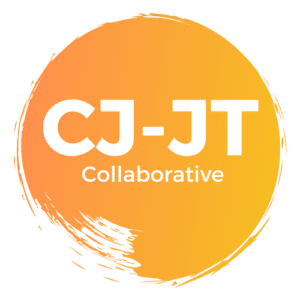The distribution of climate philanthropy is highly inequitable, with the vast majority of climate funding remaining in the hands of the Global North. Despite the crucial climate leadership of communities and youth in the Global South and the existential threats they face, their work remains chronically undervalued and underfunded. Although the infrastructure that enables philanthropists to fund grassroots movements in the Global South is growing – particularly through re-granting organisations and pooled funds that are deeply connected to local communities and activists – the flow of timely funding is not keeping up with these initiatives. This suggests that philanthropists still need to substantially shift their beliefs and practices around giving to the Global South, and educate themselves about the opportunities to channel funding to the movements that are pivotal in our fight against climate change.
This webinar explored the why and how of directing and transferring funds to the Global South to create the momentum and impact we need at this urgent moment. We examined some of the actual and perceived barriers to channeling funds to grassroots movements, delve into examples of how it can be done successfully, and showcase innovative funding models. This event is part of the Climate Justice-Just Transition Donor Collaborative (CJ-JT) webinar series to explore how we might redesign philanthropy and support re-granters to shift the systemic barriers faced by youth and actors in the Global South.
Link to Video Recording
Link to Webinar Summary
Speakers and Timestamps:
Welcome and Introductions:
Farhana Yamin – CJ-JT, Host [0:00:00]
Degan Ali – Adeso [0:10:33]
Joshua Amponsem – GAYO, Moderator [0:20:20]
Question 1: What are some of the current obstacles to directing and transferring timely funding to the Global South, whether logistical, technical, or limitations around donor mindsets? How have you addressed these in practice?
Maria Reyes – Fridays For Future MAPA & CJ-JT Fellow [0:23:39]
Aditi Shah – Impatience Earth [0:32:36]
Question 2: What are some of the existing initiatives and promising developments/models that are addressing these gaps? How do they work in practice, and how do they contribute to a philanthropic infrastructure & culture that can transfer resources more easily and abundantly?
Mauricio Porras – HERO [0:41:36]
Renata Strengerowski – Be the Earth Foundation [0:49:20]
Dawit Dessie – KujaLink [0:55:09]
Question 3: How do we shift philanthropic culture and infrastructure to support the greater transfer of resources to the Global South? How might we strengthen the role of intermediaries/re-granters, and what is a call to action for philanthropy?
Sarah Bradley – Climate 2025 [1:02:39]
Sriranjini Raman – Youth Climate Justice Fund & CJ-JT Fellow [1:10:21]
Closing Words and Q&A: [1:16:46]
This webinar was hosted in partnership with Impatience Earth, HERO Labs, Youth Climate Justice Fund, Adeso, KujaLink & Green Africa Youth Organization (GAYO).

